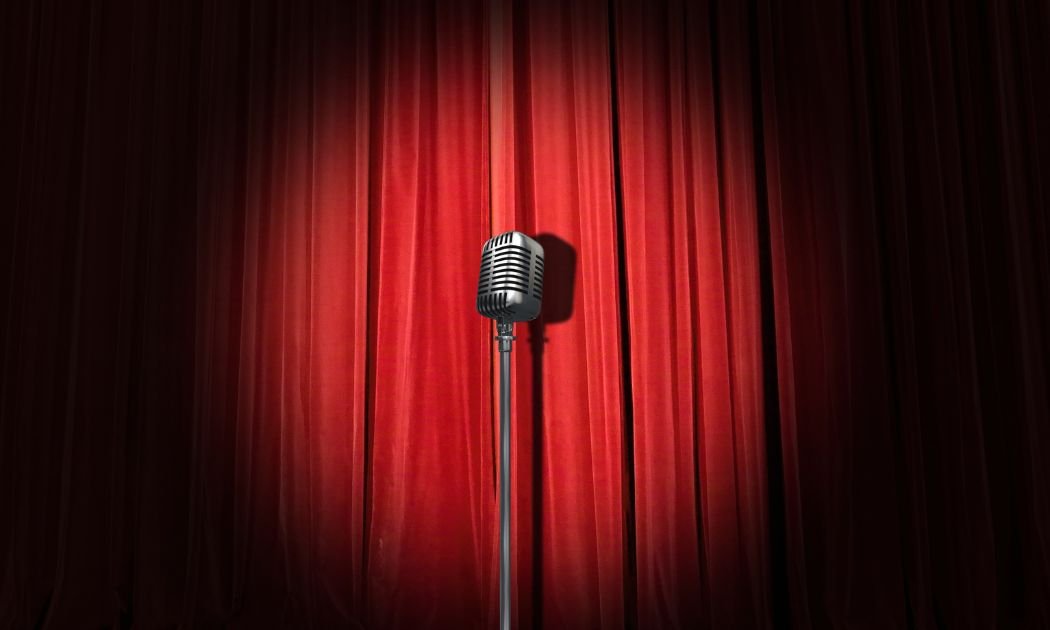Court Affirms Right to Express Views, Even If Controversial
Says Literature, Art, Satire Make Human Life More Meaningful
March 29, 2025The Supreme Court has observed that protecting freedom of speech and expression, even when what is said is unpopular or disliked, is essential and must be respected in a healthy democracy. The observation came in a case involving Congress MP Imran Pratapgarhi, who was accused of promoting enmity through a poem shared in a social media post.
The Court ruled that Pratapgarhi’s social media post, featuring a poem, did not incite violence or hatred and was protected by the fundamental right to freedom of speech and expression, according to Hindustan Times.
The Court dismissed the first information report (FIR) filed by Gujarat Police, asserting that expressing unpopular or disliked views should not be criminalised in a democratic society.
The social media post featured a video of Pratapgarhi at a wedding in Jamnagar, with a poem playing in the background. The poem, titled “Ae khoon ke pyase baat suno (Oh you who thirst for blood, listen to me.),” was deemed objectionable by the authorities, leading to an FIR under multiple sections of the Bharatiya Nyaya Sanhita (BNS), including those related to promoting enmity between groups and outraging religious feelings.
The Gujarat High Court initially declined Pratapgarhi’s plea to quash the FIR, citing that the investigation was still ongoing.
The Court stated that the poem advocated for non-violent resistance against injustice, noting that it encouraged individuals to face injustice with love, even in the face of personal loss.
The Court used the case as an opportunity to reaffirm the constitutional right to freedom of speech and expression under Article 19(1)(a). The judgment underlined that the ability to express one’s thoughts and ideas freely is an essential component of a dignified life, as protected under Article 21 of the Indian Constitution.
The Court also pointed out the societal importance of literature, art and satire, stating that these forms of expression contribute to the meaningfulness of human life. It observed that in a healthy democracy, differing views should be countered through reasoned debate rather than suppression.
The judges reminded the Gujarat Police that “75 years into our republic, we cannot be seen to be so shaky on our fundamentals that mere recital of a poem or for that matter any form of art or entertainment, such as stand-up comedy, can be alleged to lead to animosity or hatred amongst different communities,” as quoted by The Indian Express. They added, “Subscribing to such a view would stifle all legitimate expressions of view in the public domain which is so fundamental to a free society.”
The ruling comes at a time when comedian Kunal Kamra is facing backlash over a stand-up performance in which he criticised Maharashtra Deputy Chief Minister Eknath Shinde and the state’s political situation. Kamra’s satirical remarks about electoral politics and political defections provoked outrage among Shinde’s supporters, culminating in vandalism at the Mumbai venue where the performance was recorded and threats to Kamra’s safety.
An FIR was lodged against Kamra, and several individuals involved in the vandalism were detained.

